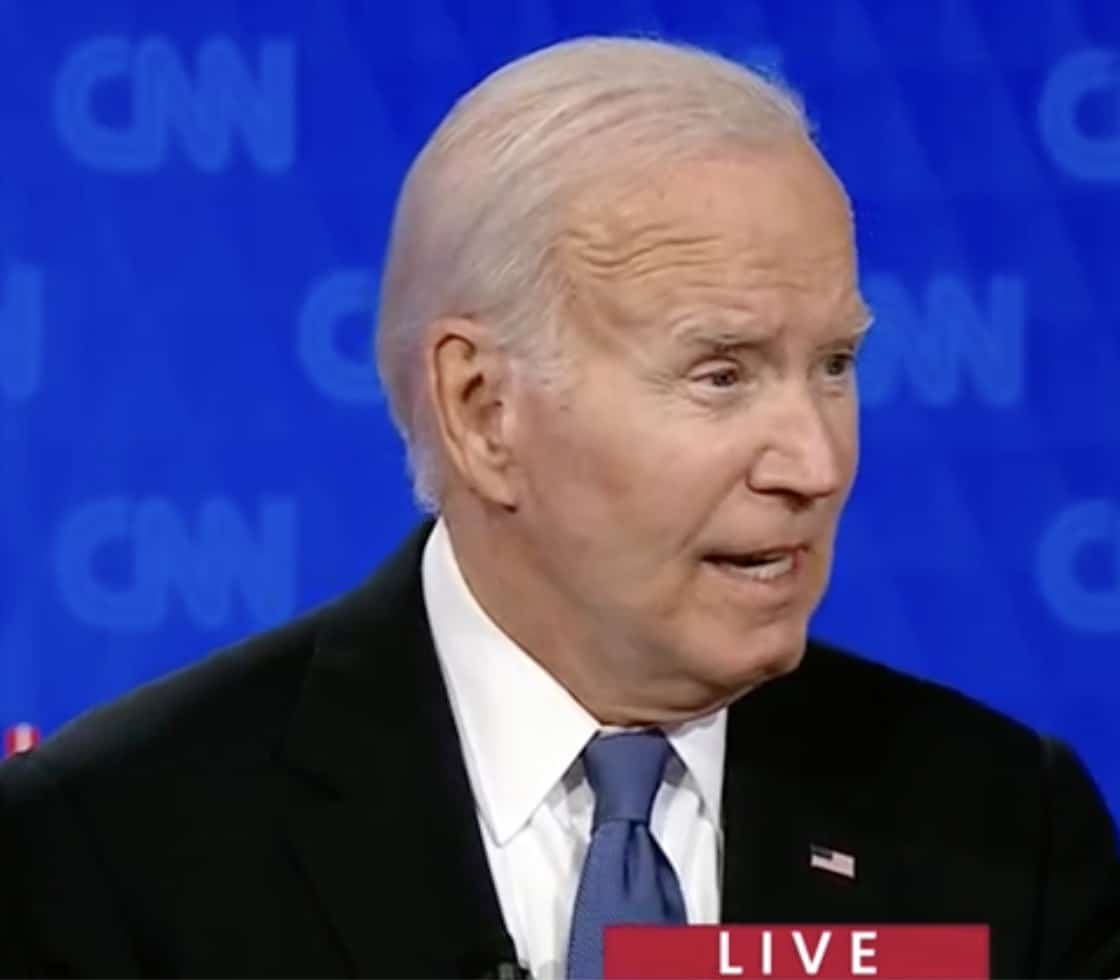The BezosPost Struggles with the Boundaries of Press Freedom
I’m the rare person who argues that ABC’s decision to settle Trump’s lawsuit has, at least, some legal explanation. The judge in the case seemed sympathetic to Trump’s argument. George Stephanopoulos did misstate what the jury–as distinct from Judge Lewis Kaplan–said. ABC would not be the first major media outlet to settle a lawsuit before one of its star personalities had to sit for a deposition; Fox always settles before Hannity gets deposed, for example.
This, from Andrew Torrez and Liz Dye, is a good write-up.
But — ironically — WaPo’s inclusion of the ABC settlement in a story billed in its subhead as a description of how Trump will “will ramp up pressure on journalists” betrays a larger, different problem.
Oh sure, it included that legal explanation.
Continuing with the case might have made public any damaging internal communications to and from Stephanopoulos. If the case made it to trial, it would face a jury in Florida — a red state that Trump carried by 13 points — that could side with the president-elect and award a penalty that could easily exceed the price of a settlement. Appeals to any decision would last for years and risk reaching the Supreme Court, where two sitting justices have already expressed their desire to weaken the court’s landmark decision that has protected the American media’s ability to report aggressively on public figures, especially officials, in the public interest.
But before it got there, it described a bunch of other vulnerabilities, most of which have little to do with journalism.
ABC News’s decision to settle has sent shudders through the media industry and the legal community that represents it. According to three people familiar with the company’s internal deliberations who spoke on the condition of anonymity because they were not authorized to discuss legal strategy, ABC and Disney executives decided to settle not only because of the legal risks in the case but also because of Trump’s promises to take retribution [sic] against his enemies.
[snip]
Disney conducts business in more than 130 countries and employs roughly 225,000 employees — a virtual nation-state with corporate shareholders it is legally obligated to consider when making strategic decisions. The executives reasoned that being in active litigation with a sitting president could hamper the business.
Disney’s ABC operates more than 230 affiliate television stations nationwide, some relying on the Federal Communications Commission for license renewals. Trump has repeatedly talked about pulling the federal licenses from television stations that broadcast news about him he doesn’t like and said last year that he plans to bring the FCC under presidential authority.
Disney and many other media companies are already planning potential merger activity that executives hope passes muster with the antitrust division of the Justice Department, which is poised to be run by Trump loyalist Pam Bondi. Disney pumps out movies and television shows that it needs to appeal to the millions of people who voted for Trump and have already shown themselves willing to boycott products he attacks.
These are:
- Disney’s obligations to shareholders require that it weigh the impact the lawsuit will have on the larger 225K person company.
- Its 225 TV stations, and their periodical license renewals, make it vulnerable to the whims of the FCC.
- Disney has other corporate acquisitions planned that might be subject to antitrust review.
- Disney’s movies must not only appeal to Trump supporters, but withstand boycotts from them.
Some of this — the need to sell Disney movies and the past tussle with Ron DeSantis — appears in the NYT story that (as WaPo notes) first confirmed Bob Iger’s personal involvement. It is consistent with what others have said about how the lawsuit fits into ABC’s larger corporate perspective.
But it included more, such as the bit about how ABC caved because it has corporate acquisitions that could be vetoed by Pam Bondi’s DOJ.
It’s not the details of this that I find curious.
It’s that a media reporter and a democracy reporter working for Jeff Bezos did not distinguish the things that are journalism (at a stretch, the ABC licenses) from what is not (the action hero movies and other corporate acquisitions).
Indeed, the article generally does not maintain a distinction between its discussion of press freedoms and media corporations. The word “press” appears 13 times (including in the subhead, which the journalists would not have written, and four times in two quotes apiece from cited experts). The word “media” appears 15 times (including in the heading and a caption and several times as an adjective in a title). The word “journalist” shows up just four times, twice in a discussion of how past presidents (Nixon and Obama) cracked down on journalism, once referring to talking head Chuck Todd.
Without reflection, it treats the plight of giant media companies as the same as its impact on journalism.
The article adds a few new details about why a corporation built off nearly a century of Intellectual Property protection for a cartoon mouse settled a lawsuit. But it doesn’t lay out the obvious implication of the story it tells: that ABC was vulnerable to Trump’s attack not, primarily, because of its journalism — because of what Stephanopoulos said — but instead because the mouse company is not primarily interested in journalism.
That is, it is precisely Disney’s size and scope that rendered it vulnerable to Trump’s threats.
That’s not a novel discovery: that multinational corporations that happen to own journalistic outlets have interests that conflict and undermine their journalism. But as we discuss how to protect journalism while Trump tries to neuter it, it is an important reminder. Even Trump’s lawsuit against the Des Moines Register pits Gannett’s interests against Ann Selzer, though at least Gannett is primarily a journalistic outlet.
For a corporation like Disney — or an oligarch like Jeff Bezos — it’s the other competing interests that may doom the journalism. And journalists need to be clear about that dynamic.
Update: It turns out that Brendan Carr is going to intrude in ABC’s license renewals anyway. Carr wrote Bob Iger, citing the settlement, complaining about how ABC is negotiating its renewals.
The incoming chairman of the Federal Communications Commission is sending a stern message to the owners of television stations and networks. And he is using ABC’s recent settlement with President-elect Donald Trump as a news peg of sorts.
Brendan Carr, a Trump-appointed commissioner who will become chairman next month, wrote to Disney CEO Bob Iger over the weekend about the Disney-owned ABC network’s negotiations with its affiliated stations across the United States.
Brian Stelter posted the letter here.



